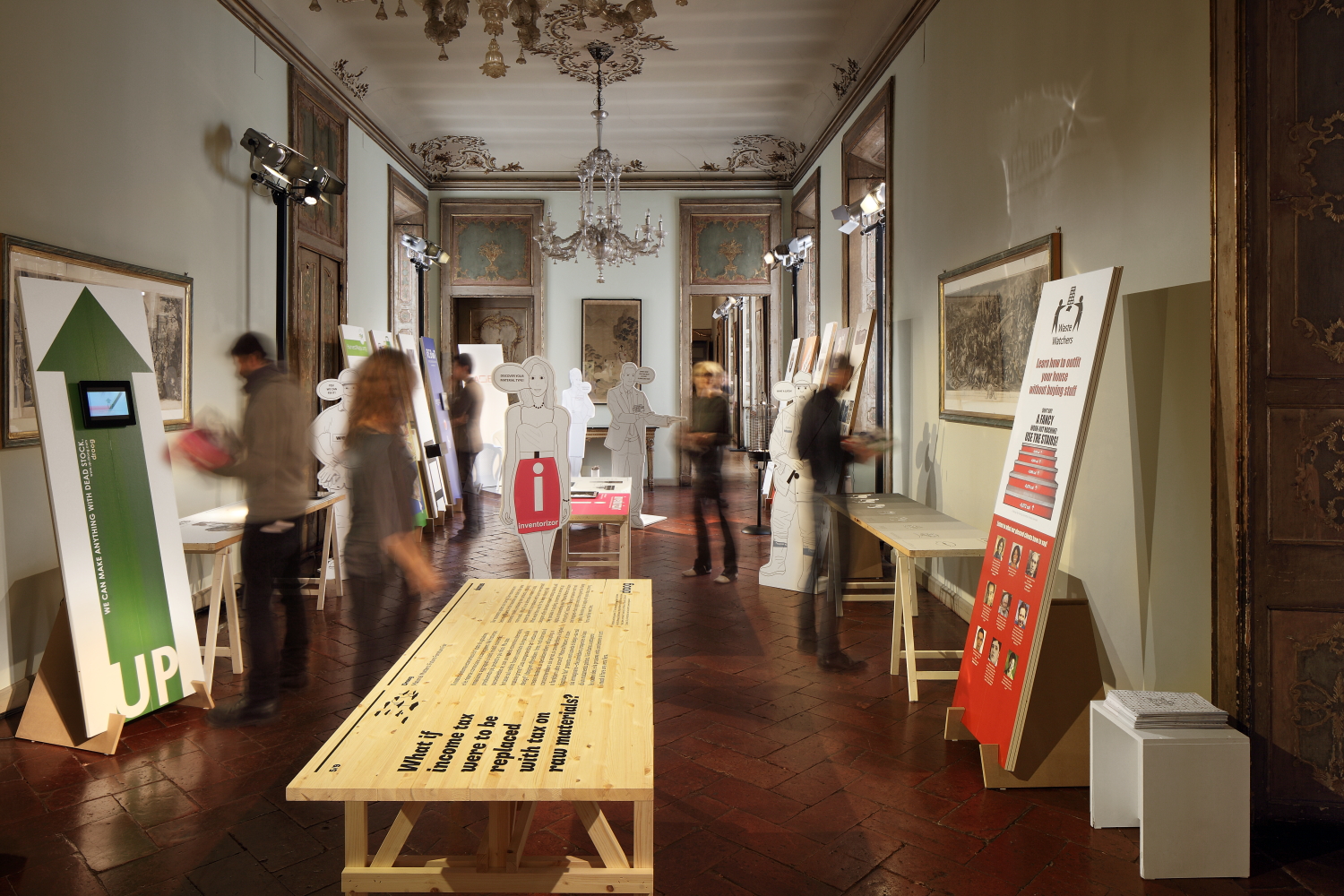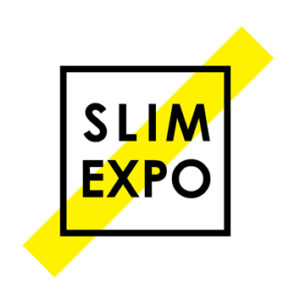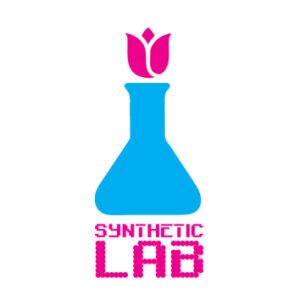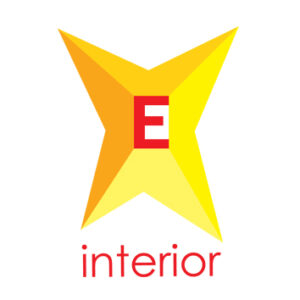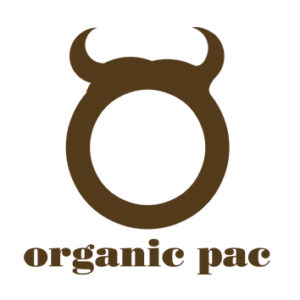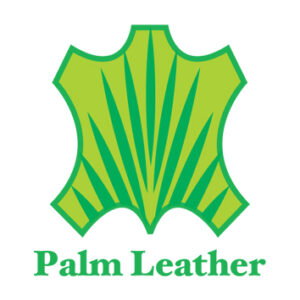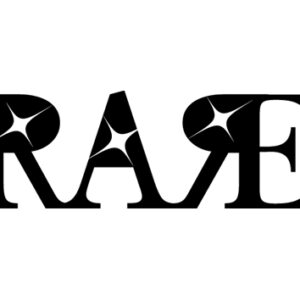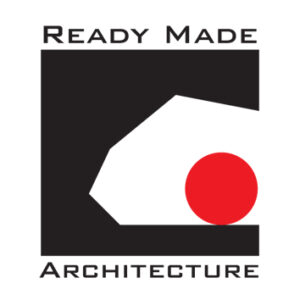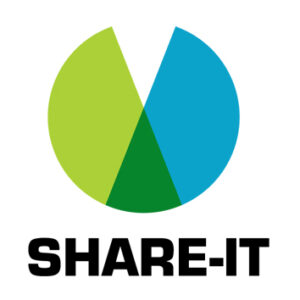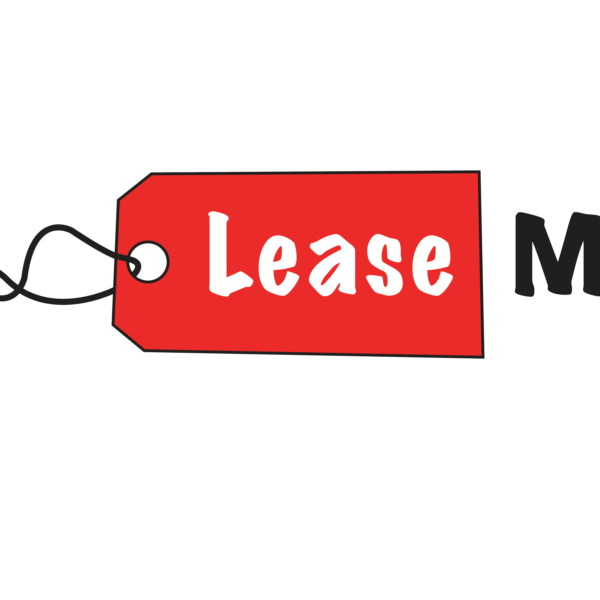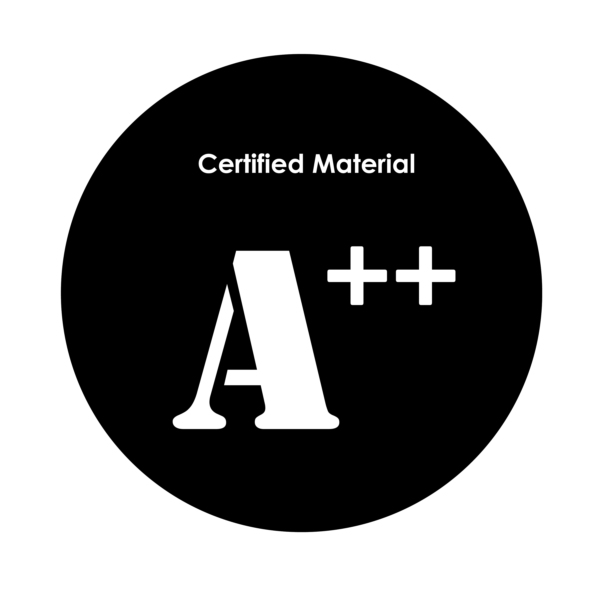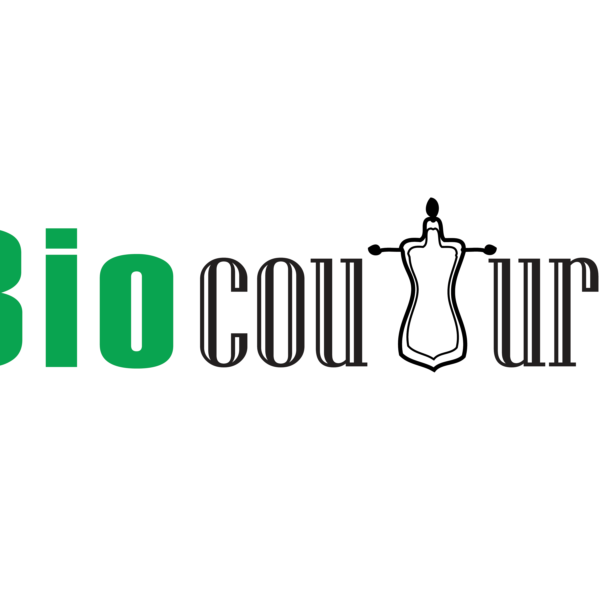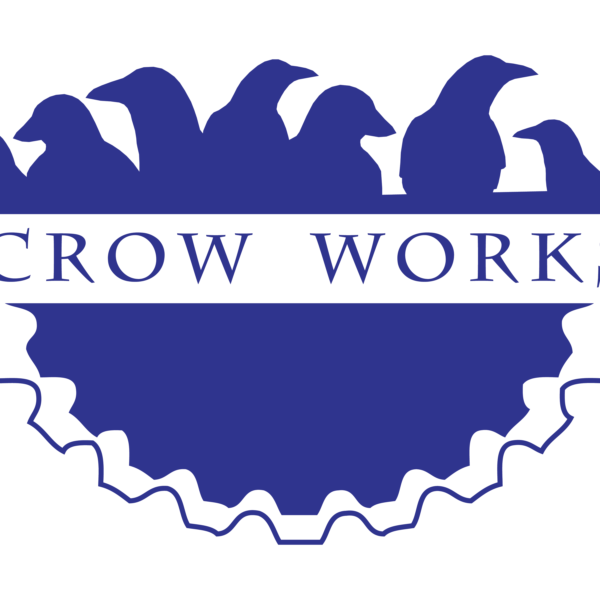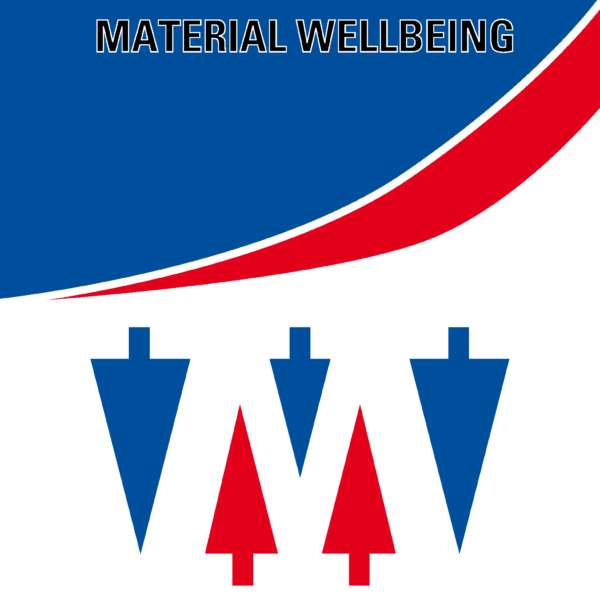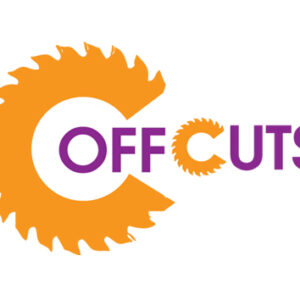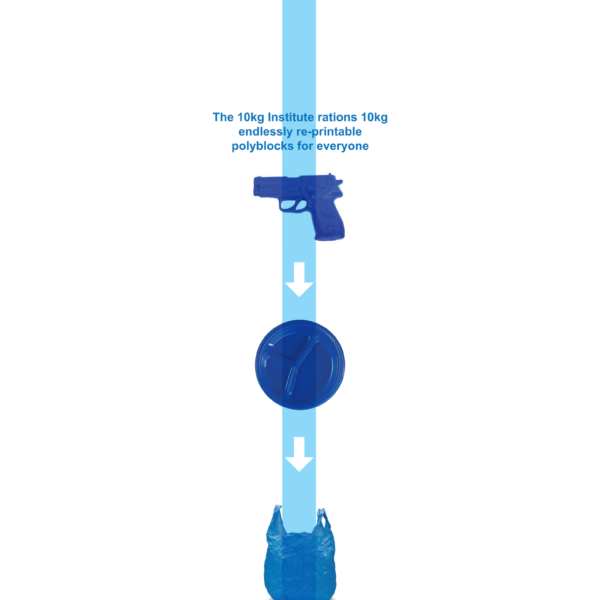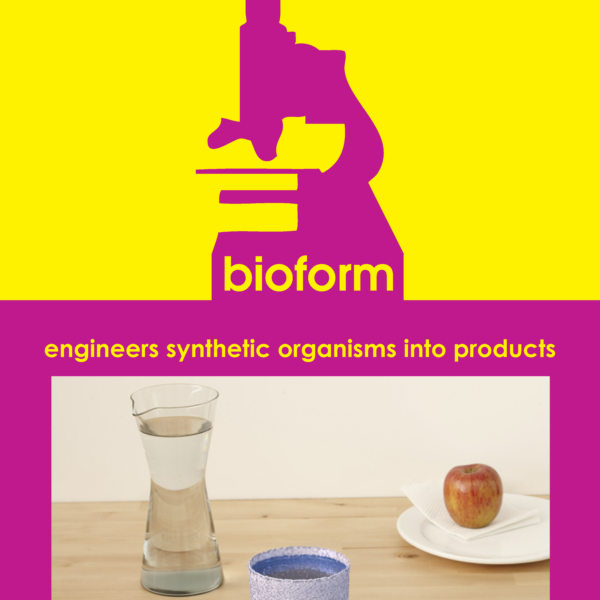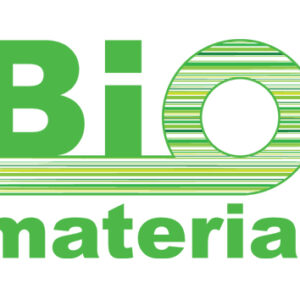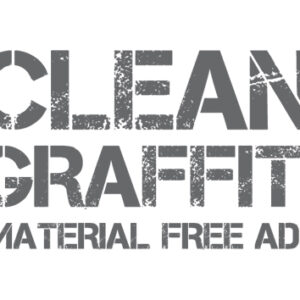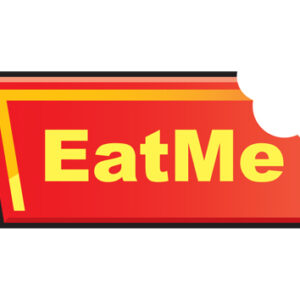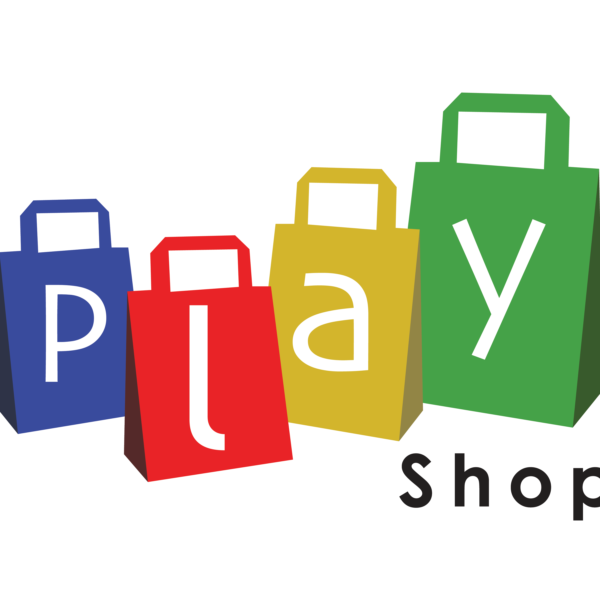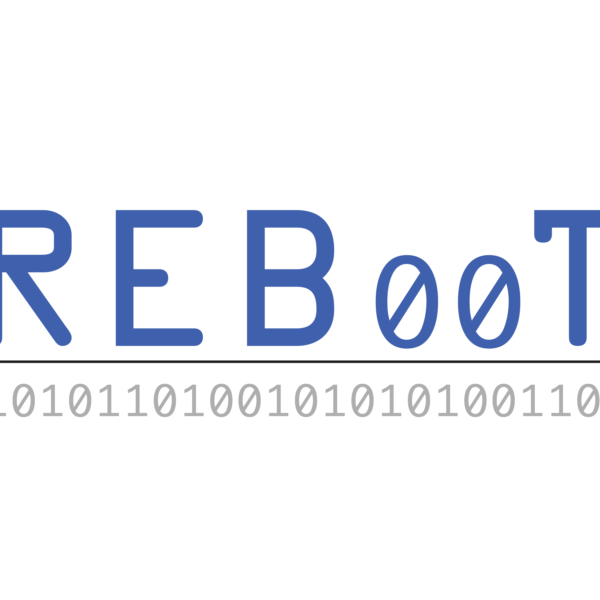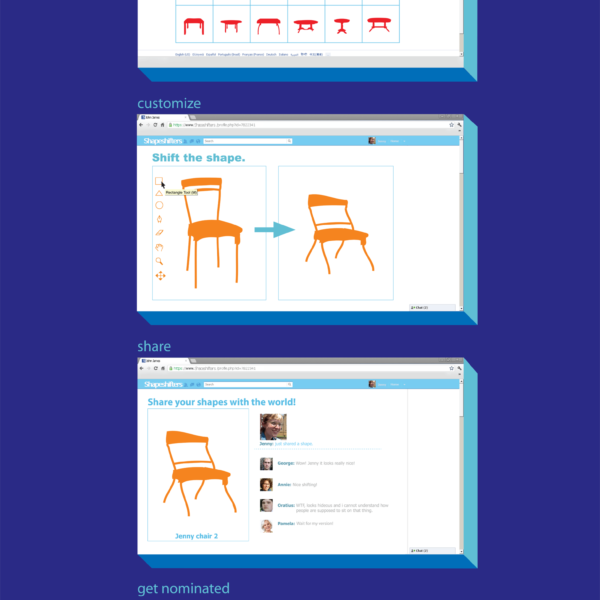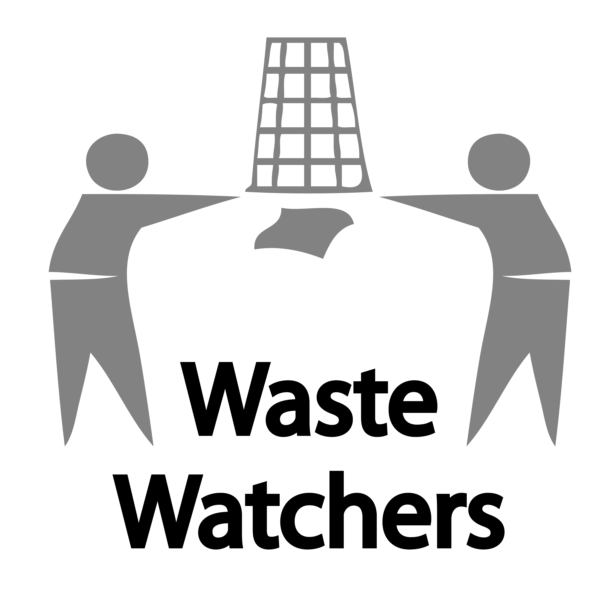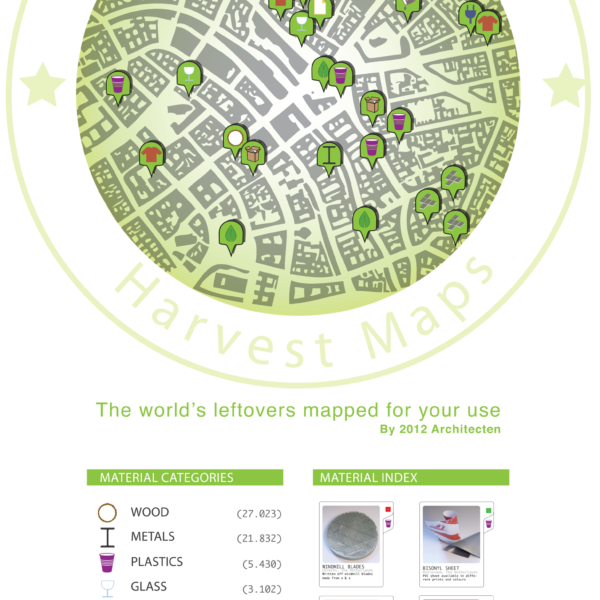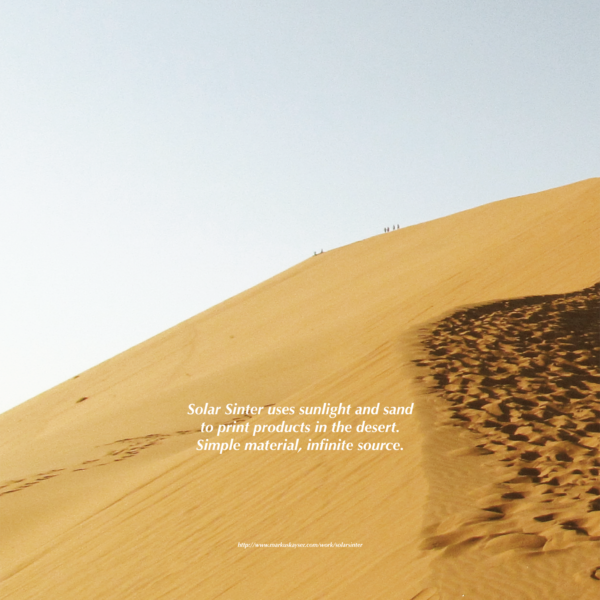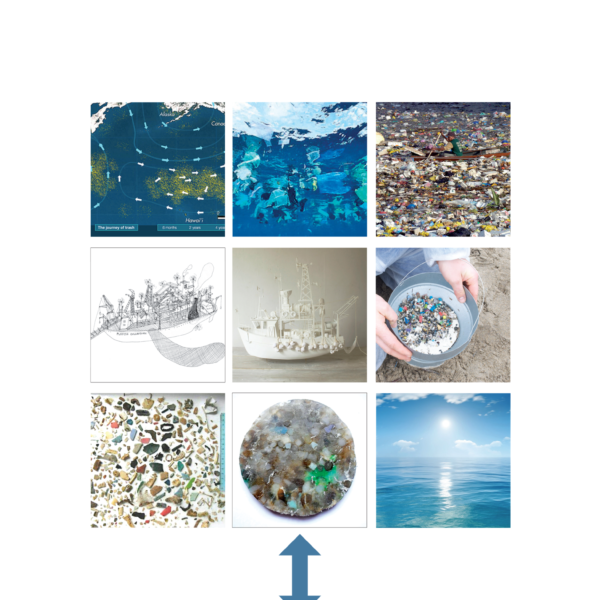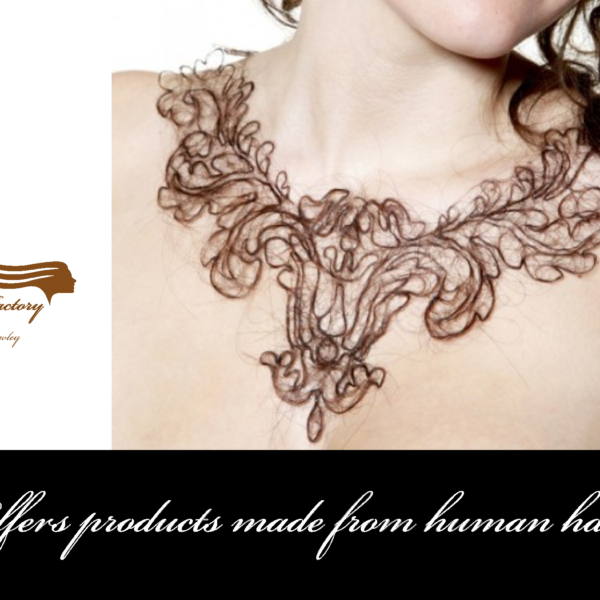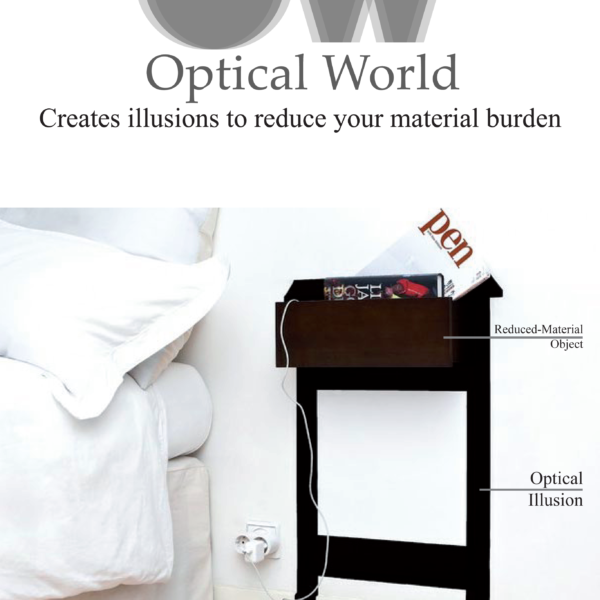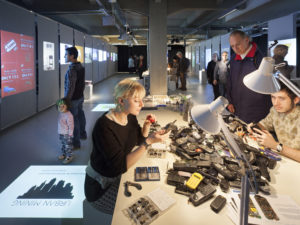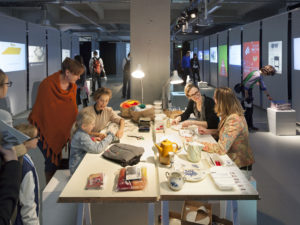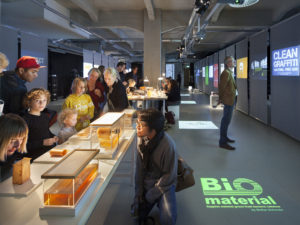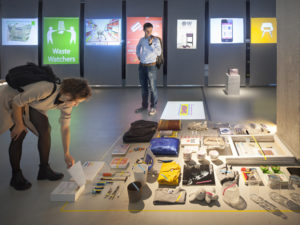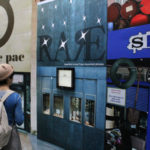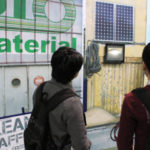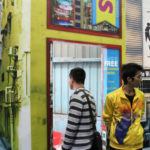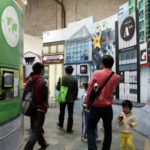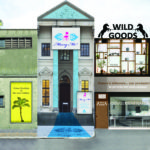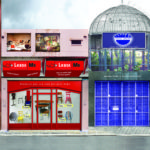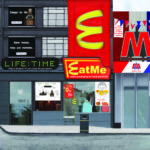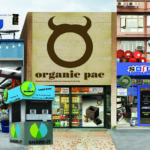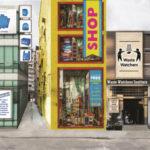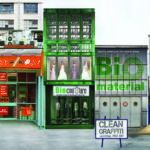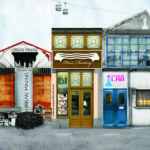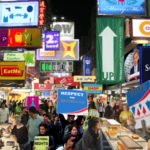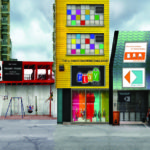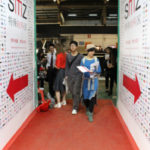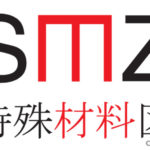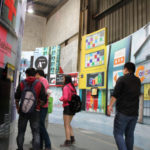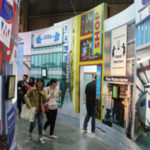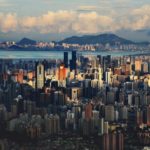Material Matters
Our economic system is in turmoil. Our resources are becoming scarce. In the meantime, we stick to the same economic models, producing more products, producing more waste. What if, in an alternative economic model, income tax is replaced with tax on raw materials? What would this mean for the design industry? Will designers offer alternative ways of creating materials, will they specialize in upcycling, concentrate on services, go digital, or do something else?
Salone di Mobile 2012, Italy
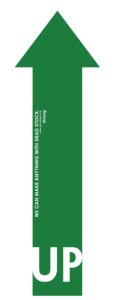 During the International Furniture Fair in Milan (Salone del Mobile), Droog presented “Material Matters: a future furniture fair,” featuring 20 design companies—both real and imagined—that might come to thrive given the change in policy. The imaginary future fair aimed to inspire designers to develop alternative business models urged by material scarcity and economic upheaval, striving for a real fair next time. Material Matters took part in Domus Open Design Archipelago, a collective laboratory that previews the future of design, located at the beautiful Palazzo Clerici in Milan.
During the International Furniture Fair in Milan (Salone del Mobile), Droog presented “Material Matters: a future furniture fair,” featuring 20 design companies—both real and imagined—that might come to thrive given the change in policy. The imaginary future fair aimed to inspire designers to develop alternative business models urged by material scarcity and economic upheaval, striving for a real fair next time. Material Matters took part in Domus Open Design Archipelago, a collective laboratory that previews the future of design, located at the beautiful Palazzo Clerici in Milan.
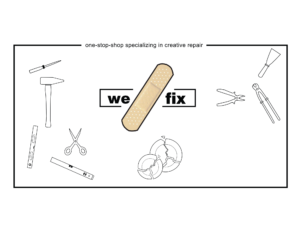
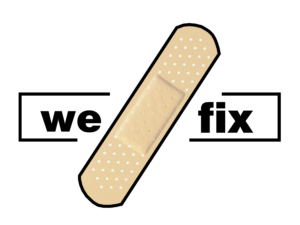 We Fix
We Fix
A one-stop-shop specializing in creative repair.
Featuring New Kintsugi repair kit by Humade
Dutch Design Week 2012, The Netherlands
While we are hit with glooming predictions of ever increasing material scarcity, our material culture—from the way we consume and dispose, to the way we produce and collect, to the way we design and develop business models— largely remains unchanged. However, if one looks closely, new, old and speculative solutions to material scarcity are abundant. From classic models of reuse, to new and speculative ways of growing and gathering materials, to reviving, sharing, digitalizing, or otherwise avoiding them, a multitude of possible approaches are available.
As part of Dutch Design Week 2012, this second edition of Material Matters brought together existing, emerging and speculative initiatives by scientists, designers, entrepreneurs and ourselves, and presented them as 38 imaginary future companies that might come to thrive in the near future. The future furniture fair aims to stimulate designers to develop business models urged by material scarcity, and to broaden discussions on the future of our material culture.
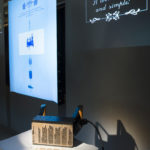
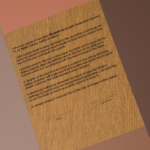 Marry me!
Marry me!
Providing lifelong contracts between you and your products.
Featuring: Till death do us part by Martino d’Esposito (ECAL) for Droog, 2008
Material Matters Media 2013
Material scarcity continues to be a pressing issue of our times. The future furniture fair Material Matters brought together existing, emerging and speculative initiatives and presented them as imaginary future companies that might come to thrive in the near future. In 2013, again in Milan, Droog Lab and TD present Material Matters Media—a news broadcast raising current issues related to material scarcity featuring innovative responses by imaginary future companies.
Shenzhen Biennale 2013-2014, China
At the 2013 Bi-City Biennale of Urbanism/Architecture (UABB) in Shenzhen, Droog and TD present SZHKSMZ – an imagined Shenzhen Hong Kong Special Material Zone designated to stimulate alternatives to material depletion. A sequel to Material Matters as presented in Milan and Eindhoven in 2012, SZHKSMZ aims to stimulate progressive business models urged by material scarcity and to broaden the discussion on material culture and policy. On December 7th Droog director Renny Ramakers opened the Zone, which remained on show until 28 February 2014.
SZHKSMZ envisions a future economy in which companies see the material restraints and growing demands as a challenge for innovation. The industrial area features a range of thriving businesses.
It is predicted that the global middle class will double from two to four billion by 2025. While we are optimistic about the greater access to a “good life”, it is impossible that our world’s material resources will keep up with the growing demand – unless of course we change our modes of material production and consumption.
The Shenzhen Hong Kong Special Material Zone aims to encourage innovation surrounding all dimensions of material culture – from extraction to processing, design, production and consumption – in order to meet our growing demands. The setting is a series of presentations and demonstrations by imaginary companies, each of which deals in an alternative manner with material of the basis of scarcity and creativity.
The 5th Shenzhen & Hong Kong Bi-city Biennial Urbanism / Architecture opens its doors on 6 December 2013 and runs until 28 February 2014. Urban Border, the biennial’s theme, refers not only to the border with Hong Kong, but also to the borders of the discipline of architecture and complex social conditions within the city.
SZHKSMZ was developed as part of Droog Lab, which raises topics and initiates projects in collaboration with designers, clients and partners worldwide with the aim of stimulating innovation and debate in design and society.
UABB@Venice 2014, Italy
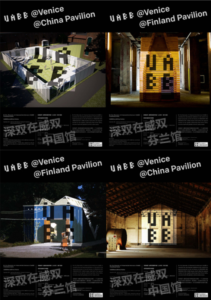 Material Matters was selected for the exhibition, I.e. ‘Synergy & Symbiosis’ at UABB@Venice / Shekou@Shenzhen Special Event at the Chinese Pavilion of the 14th Venice Biennale of Architecture, curated by Mr. Jiang Jun. Themed as “Mountains beyond Mountains”, China Pavilion will be designed by a numbers of the most established architects, designers and research professionals. UABB will be hosting an event series of “UABB@Venice” through collaborating with the China Pavilion, which includes the news conference, a 15-day long Retrospective of “Synergy For Symbiosis”, Urban Development Forums and other academic seminars.
Material Matters was selected for the exhibition, I.e. ‘Synergy & Symbiosis’ at UABB@Venice / Shekou@Shenzhen Special Event at the Chinese Pavilion of the 14th Venice Biennale of Architecture, curated by Mr. Jiang Jun. Themed as “Mountains beyond Mountains”, China Pavilion will be designed by a numbers of the most established architects, designers and research professionals. UABB will be hosting an event series of “UABB@Venice” through collaborating with the China Pavilion, which includes the news conference, a 15-day long Retrospective of “Synergy For Symbiosis”, Urban Development Forums and other academic seminars.
The Retrospective will summarize the UABB 10-year’s growth history and its contribution to the city development of Shenzhen. A selection of exhibits and stories from the five editions of UABB will be presented in forms of case cards, story books and physical models; documentaries and interview videos of the UABB will be loop played on site; and furthermore the contribution that the bienniale as a public event has brought will be discussed over. A special forum will be arranged regarding the Synergy for Symbiosis in city developing, that is a developing mode with the government leadership, support from corporates, experts’ supervision and public participation. The past curators and exhibitors of UABB will be invited as guests for the forum.
Credits
Concept and direction Renny Ramakers (Droog). Read her blog about this project ‘Material Matters’ on rennyramakers.com.
Content and project manager Agata Jaworska (Droog), intern: Luis Giestas (Droog)
Exhibition and brand graphics TD (Theo Deutinger, Stefanos Filippas, Elisa Mante, Ana Rita Marques, Delfin Novoa)
Presentation partner Domus
Featuring 2012Architecten, anothermountainman, Christien Meindertsma, Dirk Vander Kooij, Droog, Fernando Brízio, Han Koning, Humade, Jet Vervest, Joshua Klein, Louise Maniette, Markus Kayser Studio, Studio Swine (Alexander Groves, Azusa Murakami, Kieren Jones), Suzanne Lee, Tarmo Piirmets, Tejo Remy
Funding DOEN Foundation
Material Matters is inpired by “Het kan dus tóch anders,” by Maarten Keulemans, published by Volkskrant, January 7, 2012.
Droog Lab: Here, there, everywhere
Droog Lab raises topics and initiates projects in collaboration with designers, clients and partners worldwide with the aim of stimulating innovation and debate in design and society. Material Matters is part of the Droog Lab series, ‘Here, there, everywhere’ (order here). The series speculates how situations worldwide can inspire new directions for design. Project locations include New York, Moscow, Belgium and China. The initiative is funded by Dutch Ministry of Education, Culture and Science, City of Amsterdam and local partners.

